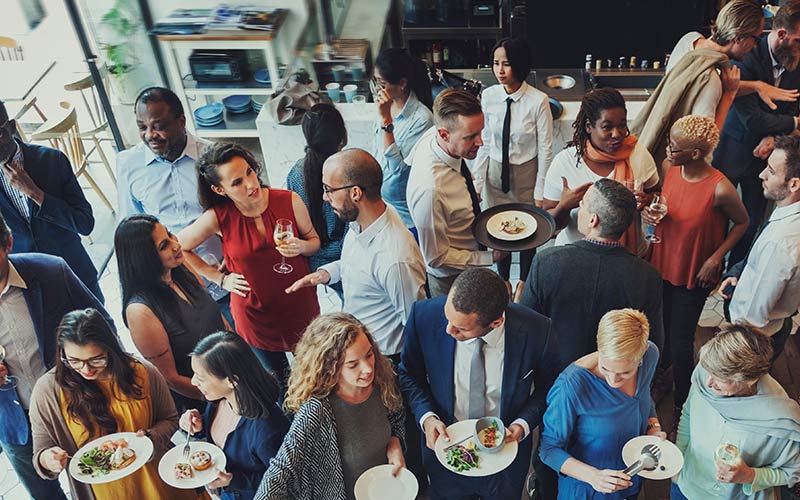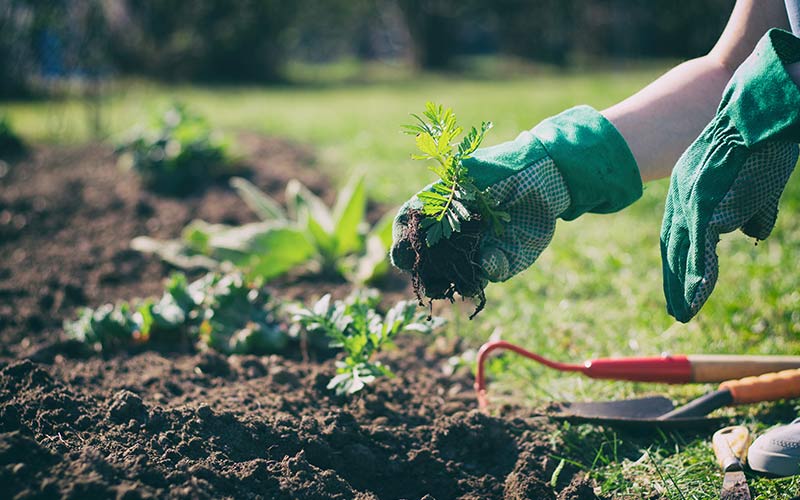Many people think cooking two to three meals a day is just a daily necessity or a chore. But what if it doesn’t have to be just a chore? What if you get to delve into sharing and find new recipes via community cooking events and sessions?
It may just be the trick to up your game in front of the stove. You could either discover changes you could do to your dishes to impress your family or party guests. These events would even allow you to strengthen your bond with your next-door neighbors.
What Is Community Cooking?
People may get together and learn new culinary methods, skills, and recipes during community cooking lessons, events, and sessions. These occasions may include everything from large-scale food displays and tastings to practical cooking lessons.
Not only will you be able to show what you’re capable of in your kitchen, but also get feedback from your fellow cooks as well! You could even learn a thing or two as to what they are capable of making.
How Do I Start a Community Cooking Event
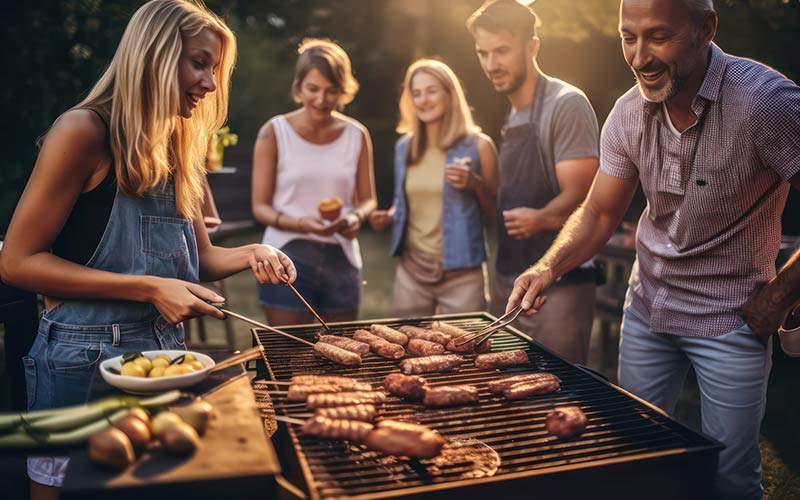
Organizing a community cooking event may be a productive and enjoyable approach to encouraging healthy eating and community development while bringing people together. A community cooking event can be started with the steps listed below:
Step 1: Identify Your Goals
It’s important to set your goals before you start planning your event. Do you intend to encourage a healthy diet? Get the community involved? Conduct cooking classes in the neighborhood? You can start planning your event after you have a certain purpose in mind.
Step 2: Choose a Venue
To host your event, you’ll need a location, like a community center, a church, or even your own home. Determine that the area has all the necessary furnishings, including stoves, ovens, and cooking utensils, to host the guests.
Step 3: Recruit Volunteers
A group of volunteers is a must to assist with the preparation, set-up, cooking, and cleanup. To find volunteers, consider reaching out to nearby businesses, educational institutions, or neighborhood associations.
Step 4: Plan Your Menu
Choose a menu that suits both your objectives and the tastes of your attendees. Aim for straightforward, nutritious meals that are simple to prepare while taking into account dietary restrictions and food allergies.
Step 5: Gather Supplies
Make a list of each ingredient, cooking tool, and serving ware that you are going to need. Donations from nearby supermarkets or food pantries might be available to you. Your close friends and neighbors might be willing to pitch in, as well
Step 6: Promote Your Community Cooking Event
Use social media, flyers, and word of mouth to promote the occasion. Include information like the date, time, place, and menu. Considering you are doing this for a food drive, it’s vital to note which party you are going to aid.
Step 7: Host Your Event
Set up your kitchen, get all of the supplies ready, and start cooking! Encourage teamwork and fun in the kitchen and among the participants.
Step 8: Enjoy the Meal
When the meal is ready, everybody deserves to sit down and enjoy what you’ve cooked. Take advantage of the opportunity to connect with neighbors and develop fresh relationships.
What Types of Community Cooking Events Are There?
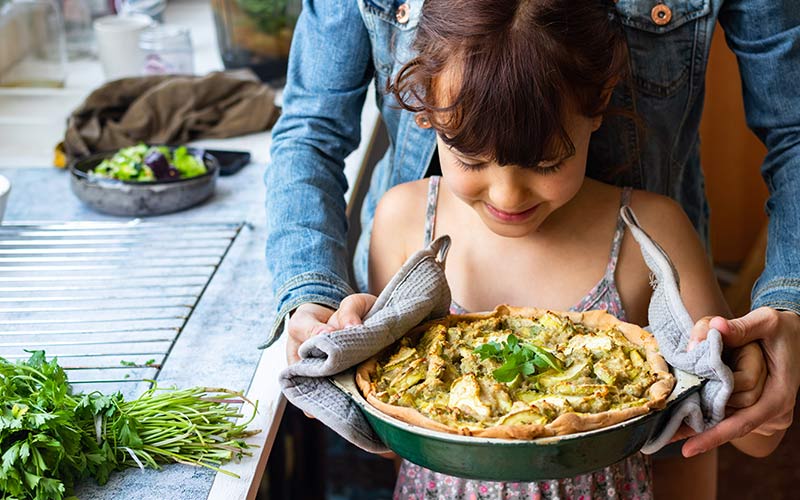
Community centers, schools, and neighborhood eateries are a couple of locations where you may find community cooking events, sessions, and lessons. Professional chefs, culinary teachers, or enthusiastic home cooks can all host these events.
At times, these events also offer basic kitchen knowledge to those who want to learn or even offer food drives for the hard workers and the poor. Here are some common types of community cooking events and classes:
1. Hands-on Cooking Classes
Participants in these classes receive practical instructions on how to make a particular dish or meal. Often working in groups, participants get to sample their creations. These even range from cooking classes for beginners to events for companies, close circles of friends, or community homeowners.
The ingredients and equipment needed to create the meals being taught are often supplied to participants during a hands-on cooking session. The participants can either collaborate as a big group or in smaller groups, each with their own set of ingredients and cooking utensils.
Cooking lessons that involve actual cooking are beneficial as they provide participants the chance to taste and appreciate the food they create as well as acquire new skills and methods.
Participants will often sit down together to have a dinner made up of the dishes they have prepared after the dishes are finished.
2. Cooking Demonstrations
Usually, a professional chef or culinary instructor will be in charge of these activities and will explain how to make a specific dish or use a certain method. Participants may watch, ask, and frequently sample the end product.
New ideas you get from this event could even lead you to experiment and perfect your own dish as well.
3. Community Cooking Sessions
These are informal get-togethers when people bring ingredients and prepare a meal or dish together. The cooking may be overseen by different people at these sessions, which are frequently held in outdoor or communal kitchens.
The meals prepared may be predetermined or brainstormed by the group. Often the meal or dish would be based on a specific motif or cuisine. Moreover, it will encourage other participants to prepare a dish they have never done before with hands-on support.
Once the food is ready, everyone will sit down and enjoy the meal they made together. Participants may have an opportunity to get to know one another, exchange experiences, and form bonds through a shared passion for cuisine.
They also emphasize using fresh ingredients, which helps promote healthy eating. Further noting that it is also an entertaining way to try out new methods and flavors.
Benefits of Community Cooking
Community cooking can boost your morale and improve your skills and tricks behind the counter. Here are a few of the many benefits you could get while you attend these events:
1. Learning New Skills
Cooking lessons provide you the chance to pick up new tricks and skills, such as how to use a knife, bake, and prepare food. Even people who have never touched a knife, or a cooking pot, would grasp the concept after these lessons.
2. Trying New Food
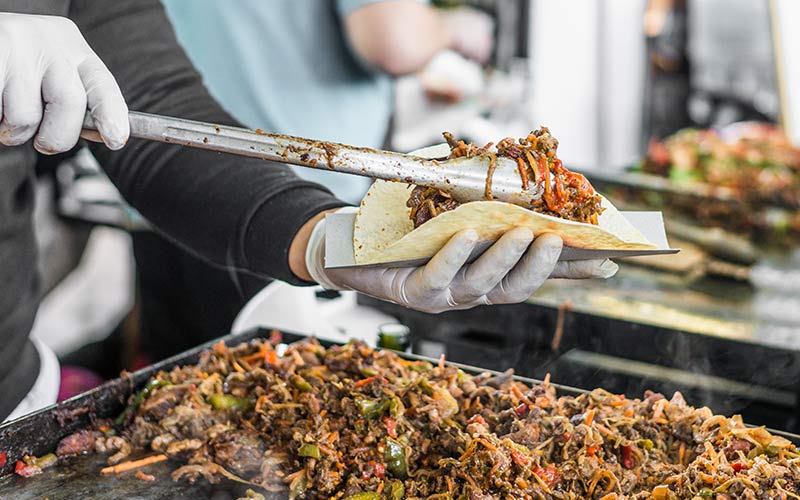
Participants can sample unfamiliar foods and ingredients that they may not otherwise have the chance to test. You may even find yourself leaning towards liking the food and trying your hand at it.
3. Socializing
Community cooking classes and events offer a social setting that may be entertaining and engaging. Participants can establish relationships, trade recipes, and make new friends.
You could even engage in a friendly cook-off, further strengthening your bond with them.
4. Health and Wellness
By teaching participants about nutrition and how to make healthy meals, cooking classes may encourage good eating habits. Even the most hearty of meals could be healthy if you’ve experimented enough.
5. Supporting Local Businesses
Local establishments like restaurants and grocery stores frequently conduct community cooking events, which can boost the local economy.
Will Starting or Attending a Community Cooking Event Be Worth It?
Starting a community cooking event can be a rewarding and enjoyable way to encourage a healthy diet, foster a sense of community, and enjoy cooking. Events like these might even just start out as a small group in the neighborhood. However, it may also lead to more people in the community joining in to support and get involved in the fun.
You can host an enjoyable occasion that encourages an appreciation of food and brings people together through a little bit of organization and planning. Now, start cooking together!
You Can Also Read These:
- Start A Community CPR Training Program And Save Lives
- How To Volunteer At A Local Red Cross As An Individual And As A Community
- How To Create A Neighborhood Watch For Added Security

